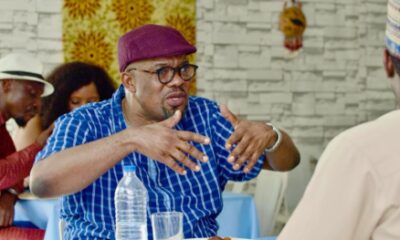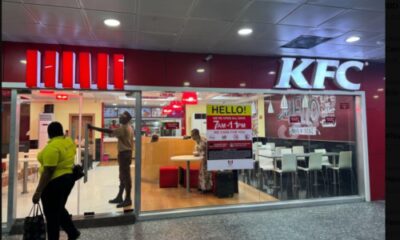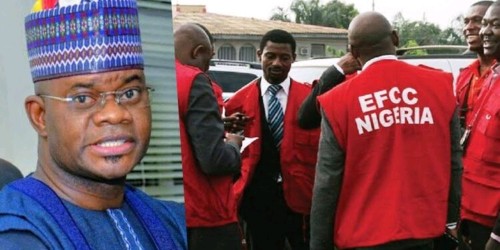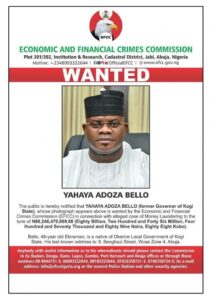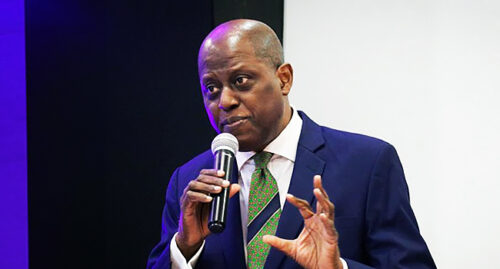The Federal Government has chosen 12 states to participate in a trial program to convert gasoline and diesel vehicles to run on Liquefied Petroleum Gas, popularly known as autogas.
Engineers from four automobile manufacturers, according to our source, have already begun receiving instruction on how to convert vehicles manufactured or produced in Nigeria to run on autogas rather than petrol or diesel.
On Friday, Dayo Adeshina, the Program Manager for the National Liquefied Petroleum Gas Expansion Implementation Plan, told our correspondent that the LPG component of the autogas project would be executed in the 12 states.
The National LPG Expansion Implementation Plan, which is housed in the Vice President’s Office, has been working to ensure that gas is used for cooking, vehicles, and other reasons.
Lagos, Ogun, Bauchi, Gombe, FCT, Niger, Katsina, Sokoto, Ebonyi, Enugu, Delta, and Bayelsa are among the 12 states, according to Adeshina.
The Federal Government has been advocating for a switch from gasoline and diesel to autogas since 2019, declaring 2020 as the Year of Gas.
It has continued to implement programs to encourage individuals to use gas as an alternate fuel source, one of which is the autogas policy.
The Central Bank of Nigeria, for example, announced a N250 billion facility for the National Gas Expansion Programme in September 2020 as part of initiatives to expand access to funding for private sector investments in the domestic gas value chain.
“I am in charge of the LPG expansion project; yeah, there is an autogas element to it, but it is the LPG aspect that I am responsible for,” Adeshina said of the procedures taken to ensure gas penetration through the autogas initiative.
“In this regard, we are focusing our efforts on 12 pilot states, and our strategy is straightforward. We’ll start with state governments, obtaining the cars that they use in their jurisdictions.
“For example, in the last eight years, vehicles from GAC, JAG, Toyota, and Coscharis have been seen in Lagos.” So, we went to those four businesses and told them that we wanted to teach their engineers to convert trucks that they had already delivered to Lagos State.
“The idea is that they will be able to convert the vehicles from gasoline to LPG, and then we will be able to scale it up immensely.” So, for those four organizations, we completed the online training and began with Lagos.”
However, Adeshina added that the engineers who were meant to visit and teach the people in Lagos last year were unable to do so due to COVID-19.
“However, we are hoping that they will be able to come in by the end of the first quarter of this year to begin the physical conversion of those cars,” he said.
He said the government will bring the kits in before then, and that this technique would be emulated in other states.
Adeshina responded affirmatively when asked if state governments were interested in the conversion project.
“There is a lot of interest,” he added, “and we’re making sure that the Original Equipment Manufacturers are part of the process.” Also, the kits that will be provided will be from OEMs, as we will ensure that such items are covered by warranties.
“That’s why we’re offering to teach the people who will be installing such systems.” As a result, there is a lot of excitement, and nations are eager to have it implemented in their respective areas.
“However, like with anything, people will be suspicious until they see it, at which point they will begin to wonder, ‘So this can be done?’ When we demonstrated it to them, they observed generators functioning on LPG in the same way.”
Given the country’s abundant gas reserves, he said the government had been conducting sensitization and awareness efforts in the 12 states and will continue to push for the conversion of vehicles to operate on autogas.

 BIG STORY4 days ago
BIG STORY4 days ago
 BIG STORY4 days ago
BIG STORY4 days ago
 BIG STORY2 days ago
BIG STORY2 days ago
 BIG STORY4 days ago
BIG STORY4 days ago
 BIG STORY2 days ago
BIG STORY2 days ago
 BIG STORY3 days ago
BIG STORY3 days ago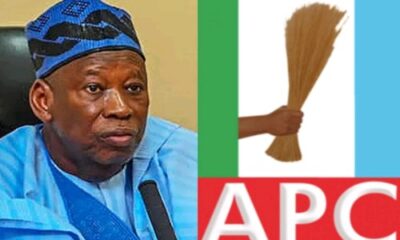
 BIG STORY2 days ago
BIG STORY2 days ago
 BIG STORY3 days ago
BIG STORY3 days ago














